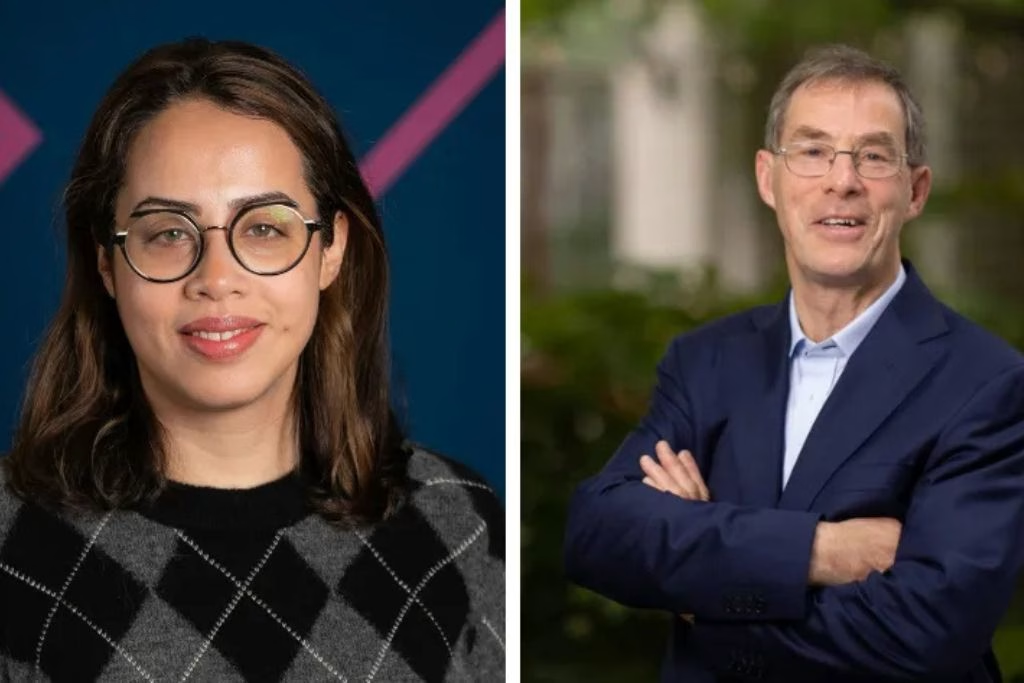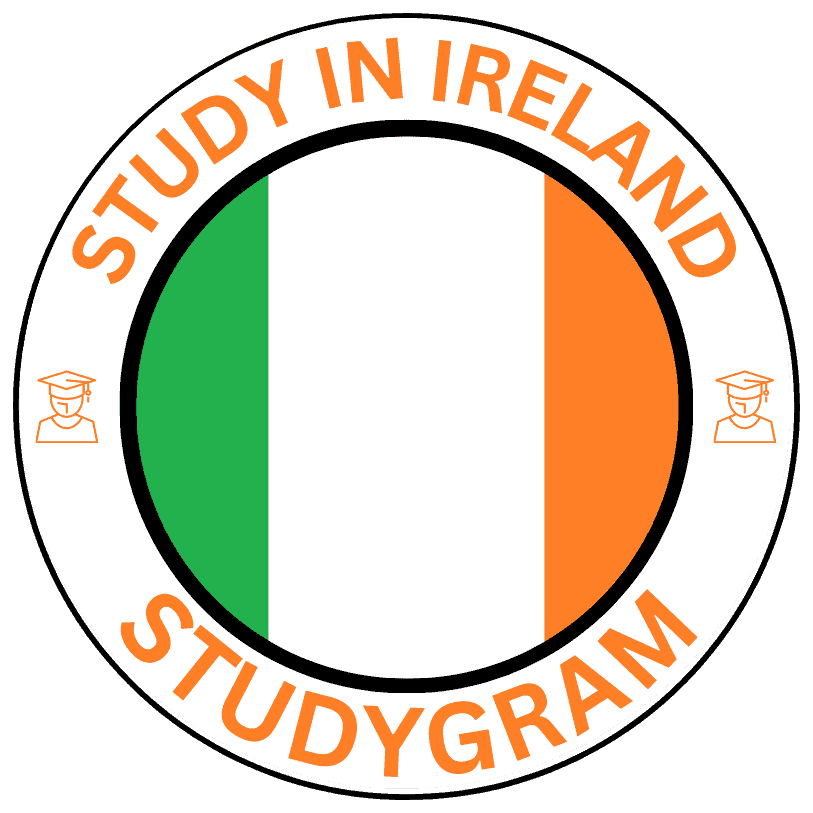
In a significant move towards sustainable resource use and innovation within Ireland’s marine sector, Technological University Dublin (TU Dublin) has partnered with biotechnology leader BioAtlantis to launch the EU-funded VASEACAD project. This pioneering initiative aims to transform fish processing by-products into high-value bioactives, advancing the circular economy and contributing to Ireland’s commitment to sustainability and blue bioeconomy development.
Investigating Fish By-products to Support the Circular Economy
Fish processing generates a considerable amount of residues, often considered as waste, including heads, skins, bones, and viscera. Traditionally, these by-products have been discarded or used as low-value feed or fertilizer. However, with increasing environmental awareness and economic incentives, researchers and industry leaders now seek innovative ways to valorise these materials.
The VASEACAD project at TU Dublin focuses precisely on this shift. By leveraging advanced bioprocessing technologies, the project aims to extract valuable bioactive compounds such as proteins and peptides from fish residues. These bio-products can serve as functional ingredients in nutraceuticals, food supplements, cosmetics, and other high-value markets.
Objectives and Impact of the VASEACAD Project
The primary goal of VASEACAD is to develop sustainable, scalable methods to convert fish side streams into commercial ingredients, thereby supporting a resource-efficient bioeconomy. The project’s objectives include:
- Developing innovative bioprocessing techniques to extract bioactive compounds from fish by-products.
- Creating environmentally friendly and economically feasible production processes.
- Facilitating industry adoption of these technologies to reduce waste and add value to fish processing operations.
- Promoting Ireland’s leadership role in marine biotechnologies and the blue economy sector.
By focusing on these targets, TU Dublin and its partners aim to foster sustainable practices that benefit industry, consumers, and the environment, paving the way for a resilient circular economy within the marine resource sector.
The Role of TU Dublin in the VASEACAD Initiative
Leading research at TU Dublin is Dr Azza Silotry Naik, a renowned expert in food biotechnology and marine by-products. She emphasizes the project’s innovative nature:
“This project provides an exciting opportunity to develop sustainable solutions for marine by-products by utilizing bioprocessing techniques to generate ingredients with both functional and commercial potential. Collaboration with BioAtlantis and support from the Marine Institute reinforce our commitment to sustainability and technological advancement.”
Dr Naik’s expertise is crucial for navigating the complexities of marine bioprocessing and ensuring the scientific and commercial success of the project. Additionally, TU Dublin benefits from strategic advisory support from Professor Christine O’Connor, whose specialized knowledge in waste valorisation and chemical analysis guides the project’s scientific direction.
Industry Collaboration and Strategic Partners
BioAtlantis, headquartered in County Kerry, Ireland, serves as a key industry partner. The company specializes in extracting bioactives from marine and terrestrial sources. CEO John T. O’Sullivan highlights the significance of the partnership:
“Partnering with TU Dublin on VASEACAD aligns with our mission to develop sustainable, science-based solutions that support the circular blue bioeconomy. Converting fish by-products into valuable ingredients not only adds economic value but also reduces environmental impact.”
The Marine Institute, Ireland’s national marine research body, also supports the project, recognizing its potential to reduce waste and strengthen Ireland’s marine bioeconomy. Veronica Cunningham from the Marine Institute praises the initiative’s contribution to the national sustainability agenda.
“Supporting projects like VASEACAD exemplifies Ireland’s leadership in marine resource innovation, creating new opportunities and reducing waste from fish processing—key factors in our sustainable blue economy strategy.”
Overall, the project exemplifies successful industry-academic collaborations focused on sustainable resource use and innovation in marine biotechnology.
Funding, Strategic Support, and Future Outlook
With a total investment of €1.6 million, including €299,525 allocated to TU Dublin, VASEACAD is part of a broader EU effort to promote sustainable blue growth. The initiative is co-funded by the EU’s Second Sustainable Blue Economy Partnership and supported by the Marine Institute, aligning with the UN Decade of Ocean Science 2021-2030.
Alongside funding, TU Dublin benefits from strategic guidance from industry and academic leaders, ensuring scientific rigor and practical relevance. The project’s success could position Ireland as a leader in marine by-product valorisation, with potential for commercialization and export.
Participants and stakeholders involved in VASEACAD are optimistic about future developments. Expanding beyond initial pilot-scale processes, the project aims to facilitate industrial uptake and foster new startups focused on marine bioresources. Such growth can create jobs, promote sustainable practices, and advance Ireland’s position in the global blue economy.
How This Initiative Contributes to Sustainable Development Goals
The VASEACAD project directly supports several United Nations Sustainable Development Goals (SDGs), notably:
- SDG 12: Responsible Consumption and Production — by promoting the sustainable use of marine resources and reducing waste.
- SDG 14: Life Below Water — through practices that protect marine ecosystems by minimizing discards and bycatch waste.
- SDG 13: Climate Action — by reducing the carbon footprint of fish processing through more efficient resource utilization.
This aligns with global efforts to promote environmentally responsible industry practices and foster innovation in marine biotechnology.
The VASEACAD project marks a significant step forward in Ireland’s journey toward a sustainable, circular blue economy. By transforming fish processing residues into high-value bioactives, TU Dublin and its partners position themselves as leaders in marine biotechnology innovation, environmental stewardship, and economic development. This collaborative effort exemplifies how advanced science and industry can work together to turn waste into wealth, supporting both global sustainability targets and local economic resilience.
Let Studygram guide you every step of the way! From choosing the right program to submitting your application, our expert team is here to help international students like you achieve their study abroad dreams.
Contact Studygram today and take the first step toward studying at TU Dublin!

